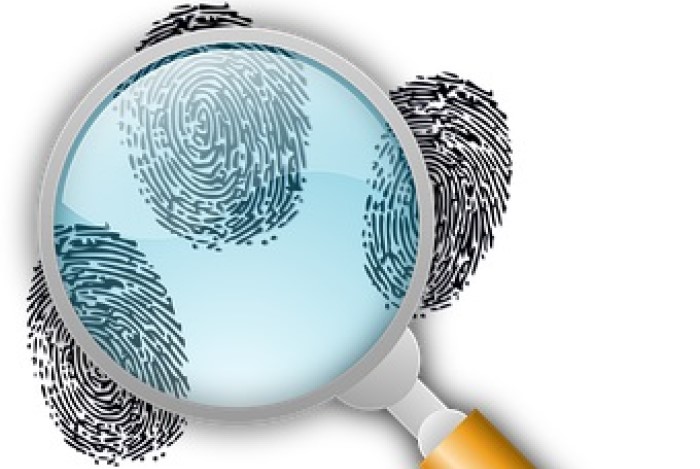
When you are accused of a crime, you may feel as though your life is over. That is why it is crucial to work with a criminal defense attorney who is familiar with the criminal justice system and can help you to successfully navigate through it. Read on for answers to some common questions people have when facing this difficult situation.
Should I Talk to the Police?
If you’ve ever seen a courtroom drama or police show on TV, then you’ve heard the phrase “Anything you say can and will be used against you.” If the police try to talk to you about your case, it would be wise not to answer their questions. By talking to them, you may end up incriminating yourself and be in graver trouble than you are now. You are better off letting your attorney talk on your behalf and gather valuable information for your defense.
Can I Be Arrested Without Evidence That I Am Guilty?
Police will only arrest you when they have probable cause to believe you have committed a crime. The arrest can happen lawfully and you may be taken into custody, after which an arraignment would take place within 48 hours. You may also receive a letter from the District Attorney’s office asking you to appear for an arraignment or you may be asked to surrender yourself voluntarily at a police station.
What Happens During an Arraignment?
At your initial arraignment, you will appear in court. At that time, your lawyer will receive the complaint that details the charges against you. Your lawyer can then obtain a copy of the police report. If you have been held in custody, your attorney may now argue bail for you.
What Happens During a Preliminary Hearing?
When you are charged with a felony, you will return to court for a preliminary hearing. At that time, the judge will decide whether there is probable cause to believe a crime was committed and whether it was you who committed this crime. Your attorney will then dispute any evidence against you, determine whether there are any inconsistencies in the District Attorney’s case, and lock down the testimony of key witnesses.
If the judge believes that there are sufficient facts pointing towards you having committed the crime, your case will be sent to the appropriate court for trial.
What Happens During the Trial?
A jury will have to be selected. Once that is done, both sides will present evidence, cross-examine witnesses, and make their closing statements. Once the members of the jury have heard all the arguments and been presented with all evidence, they will deliberate and return a verdict. If the jury is unable to come to a unanimous verdict or if they are at a standstill, a mistrial may be declared and your lawyer will ask to have your case dismissed.








